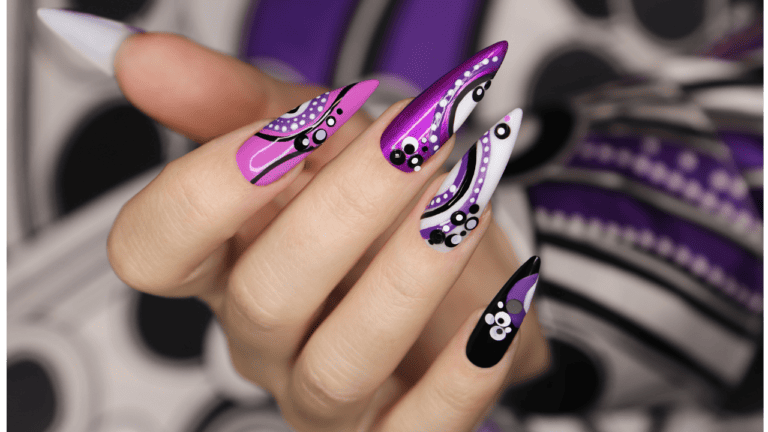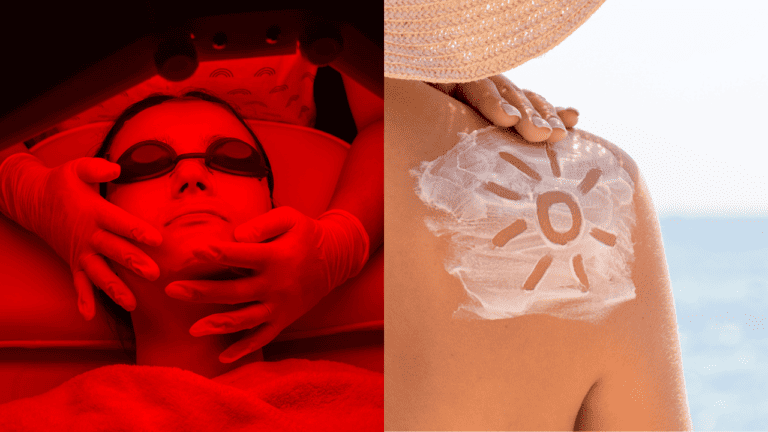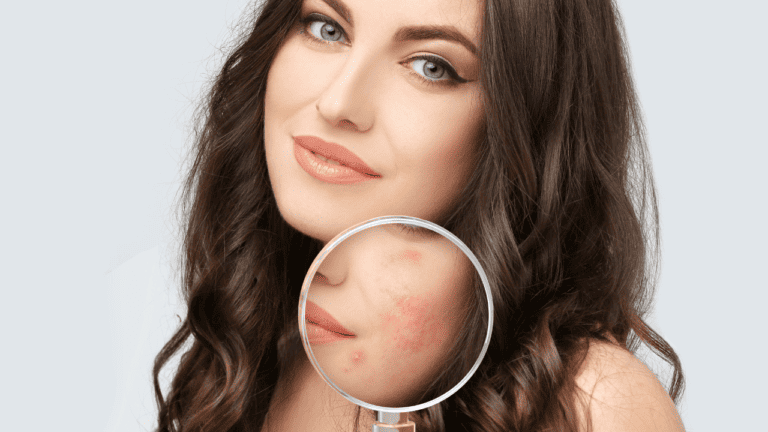Skincare is often associated with physical appearance, but it can also have a significant impact on mental health. The connection between the two is multifaceted, with skincare routines promoting self-care and relaxation, as well as providing physical benefits that can boost mood and confidence. While skincare is not a substitute for mental health treatment, it can be a valuable tool for enhancing overall well-being.

Research has shown that self-care practices, including skincare, can improve mental health outcomes by reducing stress and anxiety levels. Skincare routines can provide a sense of control and routine, which can be particularly beneficial for those struggling with mental health issues. Additionally, the physical benefits of skincare, such as improved skin texture and reduced inflammation, can boost confidence and self-esteem, leading to improved mental health outcomes.
Practical skincare tips for enhancing mental health may include incorporating relaxation techniques, such as facial massages or aromatherapy, into a skincare routine. Additionally, choosing skincare products that are gentle and nourishing, rather than harsh and stripping, can help promote a sense of self-care and enhance overall well-being. By prioritizing skincare as a tool for enhancing mental health, individuals can develop a self-care routine that promotes both physical and emotional wellness.
Key Takeaways
- Skincare routines can promote self-care and relaxation, leading to improved mental health outcomes.
- The physical benefits of skincare, such as improved skin texture and reduced inflammation, can boost confidence and self-esteem.
- Incorporating relaxation techniques and choosing gentle, nourishing skincare products can enhance overall well-being.
The Connection Between Skincare and Mental Health

Understanding the Psychological Impact of Skincare
Skincare is not just about having clear and healthy skin, but it can also have a significant impact on a person’s mental health. Research has shown that taking care of one’s skin can lead to a boost in self-esteem and confidence, which can help alleviate anxiety and depression. In fact, a study published in the Journal of Clinical and Aesthetic Dermatology found that patients who received treatment for skin conditions reported improved emotional well-being and quality of life.
Skincare as a Form of Self-Care and Meditation
Skincare can also be a form of self-care and meditation, allowing individuals to take time for themselves and practice mindfulness. Applying skincare products can be a relaxing and soothing experience, providing a moment of calm in an otherwise busy day. This can help reduce stress and promote stability by increasing feel-good neurotransmitters such as dopamine and serotonin while decreasing cortisol levels.
Stress Reduction and Relaxation Techniques
Skincare routines can also include stress reduction and relaxation techniques such as facial massages and aromatherapy. These techniques can help promote relaxation and reduce stress levels, leading to improved emotional well-being. Additionally, taking care of one’s skin can be an act of kindness and self-love, which can help reduce feelings of shame and improve overall self-esteem.
In conclusion, skincare can have a significant impact on a person’s mental health, providing a range of benefits from stress reduction to improved emotional well-being. By understanding the psychological impact of skincare, individuals can incorporate it into their self-care routines and promote overall mental health and wellness.
Practical Skincare Tips for Enhancing Mental Health

Taking care of your skin can have a significant impact on your mental health. A healthy complexion can boost self-worth and confidence, leading to a more positive outlook on life. Here are some practical skincare tips for enhancing mental health.
Developing a Skincare Routine for Mental Clarity
Developing a skincare routine can help you feel more in control and focused. A consistent routine can provide a sense of structure and calmness, promoting mental clarity. Dermatologists recommend using a cleanser, toner, serum, moisturizer, and sunscreen to keep your skin healthy and protected.
Choosing Skincare Products for Emotional Wellness
Choosing skincare products that make you feel good can have a positive impact on your emotional well-being. Essential oils, for example, can be added to your skincare routine to promote relaxation and calmness. Face masks and massages can also provide a sense of relaxation and rejuvenation.
Targeted Treatments for Skin and Psychological Relief
Targeted treatments can help with specific skin concerns, such as acne, psoriasis, and eczema. These skin conditions can cause emotional distress, and treating them can lead to psychological relief. Additionally, using products that target hyperpigmentation or fine lines can lead to glowing results, boosting self-confidence and self-worth.
In conclusion, taking care of your skin is not only beneficial for your physical health but also for your mental health. By developing a skincare routine, choosing products that promote emotional wellness, and targeting specific skin concerns, you can enhance your mental well-being and promote a positive outlook on life.
Frequently Asked Questions
What are the psychological impacts of a consistent skincare routine?
A consistent skincare routine has been shown to have positive psychological impacts on individuals. This is because taking care of one’s skin can lead to a sense of accomplishment and self-care. Additionally, the act of caring for one’s skin can be a form of relaxation and self-soothing, which can help reduce stress and anxiety levels.
Can establishing a skincare regimen improve overall well-being?
Establishing a skincare regimen can contribute to an individual’s overall well-being. This is because taking care of one’s skin can lead to a sense of control and self-care, which can improve self-esteem and confidence. Additionally, the act of caring for one’s skin can be a form of mindfulness, which can help reduce stress and anxiety levels.
How does maintaining skin health contribute to emotional stability?
Maintaining skin health can contribute to emotional stability by improving an individual’s self-esteem and confidence. When an individual feels good about their skin, they are more likely to feel good about themselves overall. Additionally, maintaining skin health can help reduce stress and anxiety levels, which can contribute to emotional stability. Overall, taking care of one’s skin can be a form of self-care that can positively impact an individual’s emotional well-being.






